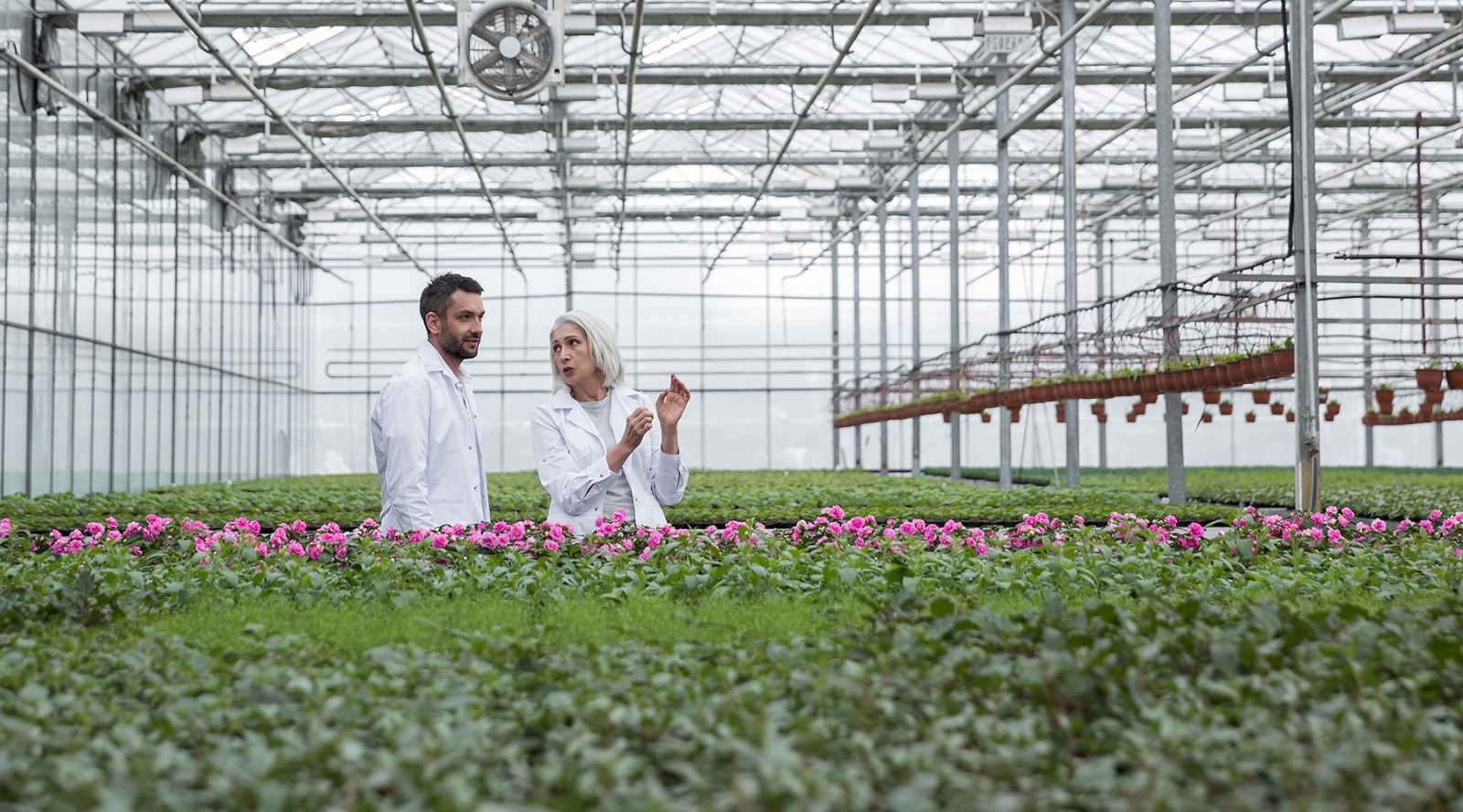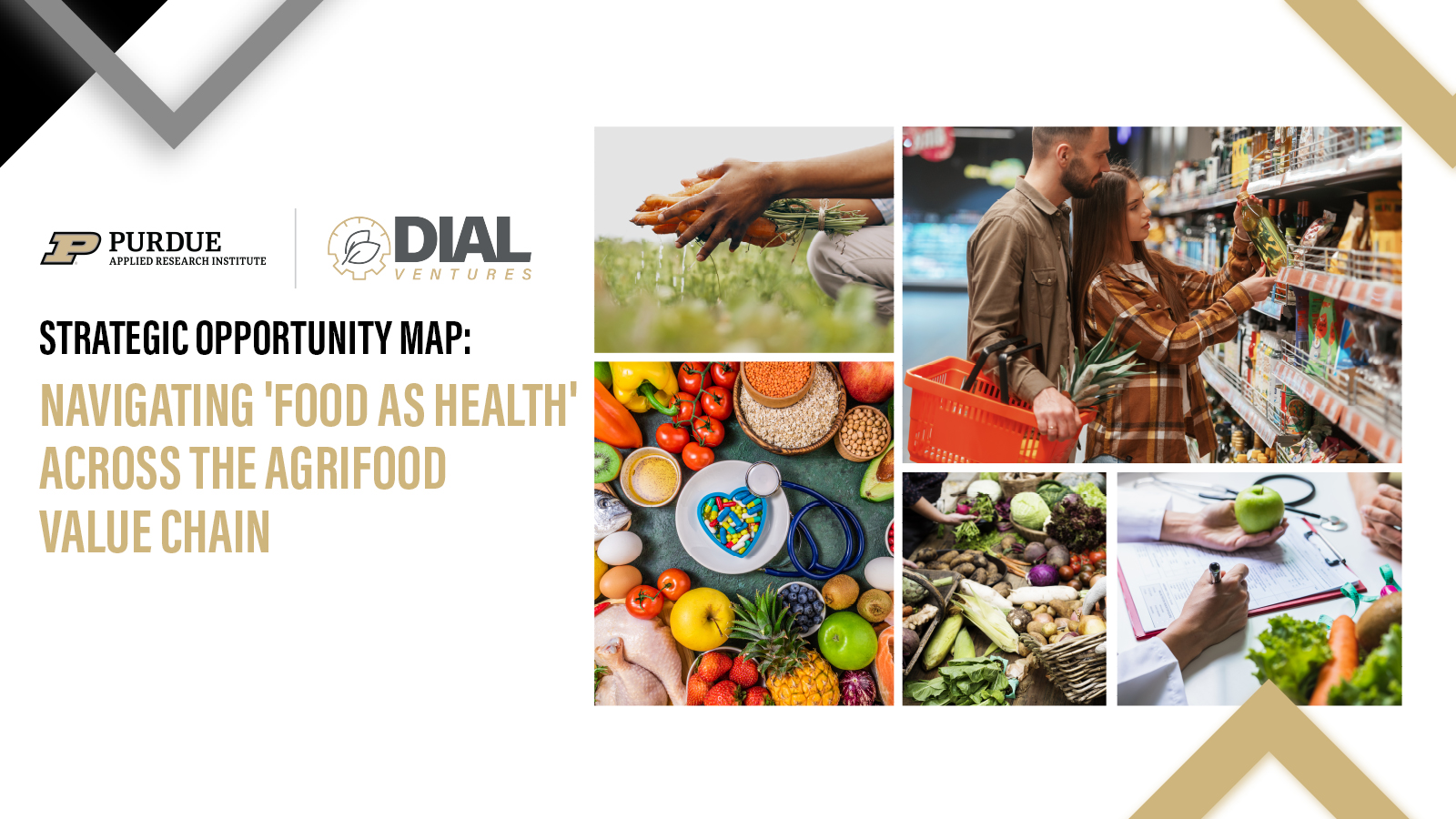Research Lab
Categories

As nutrition becomes central to health-driven food systems, farmers and upstream suppliers must rethink genetics, soil health, and post-harvest practices to meet rising demand for nutritionally optimized foods.

In recent times, the question of where our food originates has garnered significant interest among individuals. This curiosity often arises from concerns surrounding food safety, sustainability, the support of local businesses, animal welfare, and workers' rights, among others. The ability to trace the origin of food products is crucial, especially during food recalls, as it enables swift identification and resolution of the source of contamination.

Embracing the mantra “Innovate or Die” is common among many companies. Managers understand the necessity of constant improvement to stay ahead of competitors. However, in my conversations with companies, many struggle to develop meaningful innovation strategies. Innovation often ends up in the realms of serendipity or randomness.

The agriculture and food industry is a highly complex and interconnected system that relies on various stakeholders to ensure the production and delivery of quality food products. In recent years, the industry has experienced a rapid growth in the amount of data generated from various sources, including IoT sensors, GPS trackers, and weather stations, among others. However, this abundance of data has created new challenges, especially regarding data interoperability and interconnectivity.

In the context of agriculture and the food industry, two critical concepts are food safety and food security. Both concepts are essential to ensure that the food produced and consumed is safe, nutritious, and accessible.

Traceability refers to the ability to track the movement of food products from one point in the supply chain to another. In the agriculture and food value chain, this means being able to trace the origin of raw materials and ingredients used in the production of food, as well as the location of finished products as they move from farm to fork.

Purdue DIAL Ventures presents a comprehensive exploration of the intersection between food and health, offering decision-makers across the agrifood value chain a strategic analysis and actionable reference tool to drive health-oriented innovation.
.png)
DIAL Ventures presents an extensive exploration of Climate Smart Agrifood Systems, offering decision-makers across the agrifood value chain a comprehensive analysis and dynamic reference tool for driving sustainable growth and innovation.

A joint analysis from Purdue University’s Center for Food Demand Analysis and Sustainability (CFDAS) and DIAL Ventures examines current consumer and producer demand for transparency in the food supply chain.

In this White Paper, developed by the Department of Agricultural Economics Purdue University in partnership with AgriNovus Indiana and DIAL Ventures, the topic of tackling and solving food insecurity with private sector innovations is discussed.

It is more than clear now that data-driven decision-making is crucial for any company that aims to remain profitable and competitive in today’s markets. Agribusiness’ companies are no exception to this rule. More than just basing their decision-making on data, a company needs to fully embrace the concept of competitive intelligence, in which the right data, at the right time, analyzed in the best form, communicated optimally, and acted upon will produce competitive advantage.





.jpg)




.jpg)
